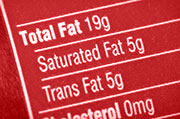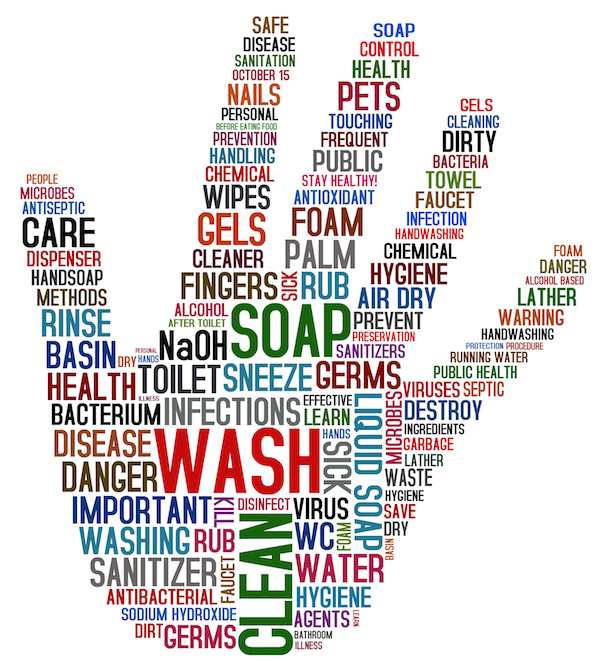
THURSDAY, Nov. 7 (HealthDay News) — U.S. health officials announced Thursday a plan to phase out heart-harmful trans fats in processed foods and restaurant fare.
U.S. Food and Drug Administration Commissioner Dr. Margaret Hamburg said the proposed restrictions on the use of trans fats could prevent 20,000 heart attacks a year and 7,000 deaths.
“The agency has made a preliminary determination that partially hydrogenated oils, a major source of artificial trans fat in processed foods, are not generally recognized as safe for use in food,” Hamburg said during a morning news conference. “This is an important step for removing harmful trans fats from processed foods.”
Many food companies and restaurants have eliminated trans fats over the past decade, in part because of FDA nutrition label changes enacted in 2006. And some local governments, including New York City, already prohibit their use.
These restrictions have helped reduce trans fat intake among Americans from 4.6 grams daily in 2003 to about 1 gram a day in 2012, the FDA said.
Even so, Hamburg said trans fats “remain an area of significant public health concern.” Heart disease is the leading cause of death in the United States. The Institute of Medicine concluded that trans fats provide no known health benefits and there is no safe level of consumption of trans fats, Hamburg added.
The medical community welcomed the news about trans fats.
“This represents a very important move by the FDA to help further reduce trans fat dietary intake and improve cardiovascular health in the United States,” said Dr. Gregg Fonarow, spokesman for the American Heart Association and a cardiology professor at the University of California, Los Angeles.
Many cookies and other baked goods, some microwave pizzas, ready-to-eat frostings and a host of other everyday foods contain trans fats, which are often labeled partially hydrogenated oils.
Trans fats raise total blood cholesterol levels even more than saturated fats, which can lead to heart disease, Fonarow said. They also raise LDL (bad) cholesterol and lower HDL (good) cholesterol when used instead of natural oils, he said.
Clinical trials of diets containing trans fats have shown an increased risk of heart attack and premature cardiovascular death, Fonarow added.
Currently, trans fats fall in a category of additives “generally recognized as safe” by the FDA. Under the new proposal, they would be removed from that list and food manufacturers would need to petition the agency before using them. But FDA approval of such petitions is considered unlikely.
Widely used to improve the shelf life, flavor or texture of foods, trans fats are made by adding hydrogen to vegetable oil to solidify it.
Many restaurant chains no longer use trans fats, but smaller restaurants
may still get trans fats-containing foods from suppliers or use the fats for frying.
The FDA said it would take public comments for two months before setting a timeline to complete the phase-out. “We need to know how much time would be needed for industry to remove partially hydrogenated oils from processed food products should this preliminary determination be finalized,” Hamburg said.
Dr. Kenneth Ong, the interim chief of cardiology at Brooklyn Hospital Center in New York City, said there are “only a couple of reasons manufacturers use trans fats — maybe the taste and perhaps the cost. But I am not familiar with any health benefits. In fact, there is much more data to show the opposite.”
Samantha Heller, senior clinical nutritionist at NYU Langone Medical Center in New York City, said the only real way to know if a food contains trans fats is to look at the ingredient list for “partially hydrogenated” oils. “This means there are trans fats in that food. Put it back on the shelf and find another option,” she said.
Added Rebecca Solomon, a clinical nutrition coordinator at Mount Sinai Hospital in New York City: “Nothing good can come from people consuming trans fats. At the end of the day our food technology is sophisticated enough that there are healthier alternatives.”
More information
The U.S. Centers for Disease Control and Prevention has more about trans fats.
Copyright © 2026 HealthDay. All rights reserved.

